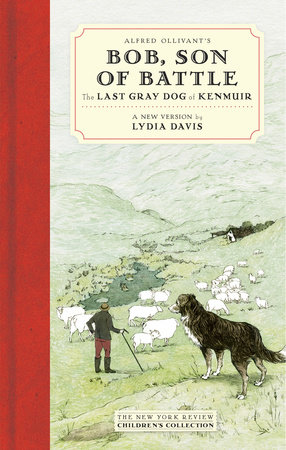Alfred Ollivant (1874–1927) was born in Old Charlton, Kent, the son of a colonel in the Royal Horse Artillery. Shortly after he graduated from the Royal Military Academy at Woolwich, intending to pursue a career in the army, he was thrown from his horse and seriously injured. While beginning his recuperation from the accident (he was to remain under his doctors’ care for the next fourteen years), he wrote Owd Bob: The Grey Dog of Kenmuir (known in the United States as Bob, Son of Battle), which was a best seller both in the United Kingdom and the United States when it came out in 1898. Ollivant would go on to publish fourteen more novels, as well as various occasional essays, poems, and other works, including, during the First World War, a series of articles describing wartime life in England for an American audience.
Marguerite Kirmse (1885–1954) was born in Bournesmouth, England. She emigrated to the United States as an accomplished harpist in order to continue her musical education, but instead embarked on a highly successful career as an illustrator. She is best known for her drawings of dogs, including those in Lassie, Come-Home by Eric Knight.
Lydia Davis is the author of seven collections of stories, including Break It Down, Samuel Johnson Is Indignant, and, most recently, Can’t and Won’t, as well as one novel, The End of the Story. Her Collected Stories were published as a single volume in 2009, and in 2013 she was awarded an American Academy of Arts and Letters Award of Merit Medal for the Short Story, as well as the Man Booker International Prize. She is also the translator of many books from the French, most notably Proust’s Swann’s Way and Flaubert’s Madame Bovary.



